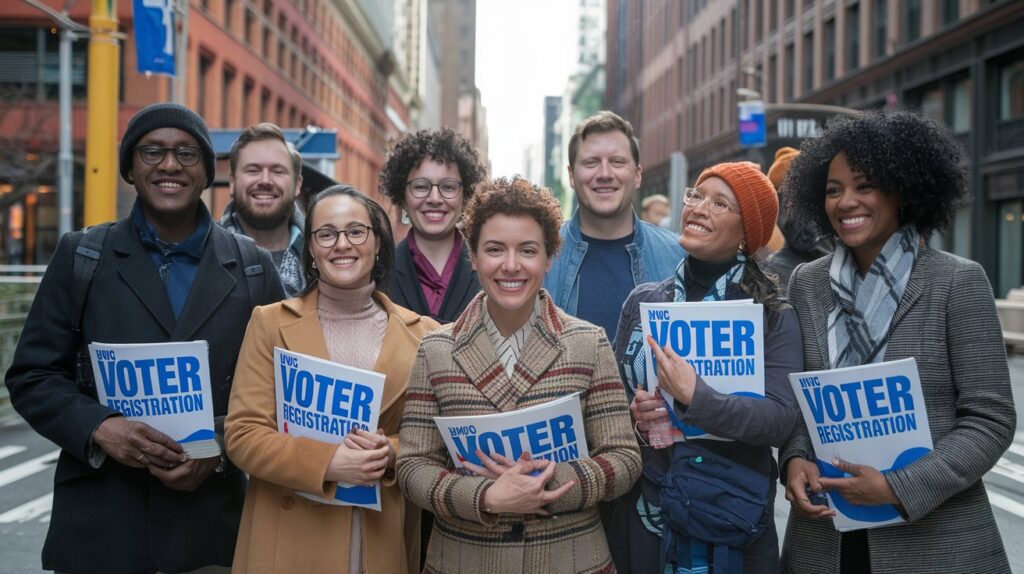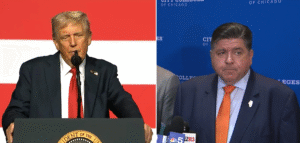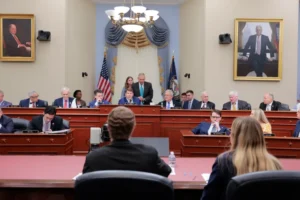New York’s Top Court to Decide on Noncitizen Voting Rights in City Elections, a landmark case that could reshape the voting landscape in the nation’s largest city. The New York Court of Appeals will hear arguments on February 11, 2025, regarding a pivotal law that could grant over 800,000 legal noncitizen residents the right to vote in municipal elections.
Understanding the Legal Battle
At the heart of this case is Local Law 11 of 2022, enacted by the New York City Council. This law aims to extend voting rights to noncitizens who are lawful permanent residents or possess work authorizations and have lived in the city for at least 30 days. Proponents argue that these residents, who contribute to the city’s economy and communities, deserve a say in local governance.
However, the law has faced fierce opposition. Critics, including the Republican National Committee and several elected officials, claim that the measure violates the New York State Constitution, which they argue limits voting rights to U.S. citizens. Lower courts sided with this view, striking down the law in both 2022 and 2024.
The Stakes for New York and Beyond

This court decision holds substantial significance. If upheld, New York City would become the largest U.S. municipality to allow noncitizen voting in local elections, setting a potential precedent for other cities nationwide. The ruling could reshape electoral dynamics, especially in districts with large immigrant populations.
Moreover, this case resonates beyond New York. As immigration and voting rights continue to be hot-button issues, the outcome could influence similar debates across the country. A ruling in favor might inspire other cities to follow suit, while a rejection could reinforce efforts to restrict voting to U.S. citizens.
The Core Arguments
- Supporters’ View: Noncitizens contribute to New York’s economy, pay taxes, and actively participate in their communities. Therefore, they should have a voice in decisions affecting their daily lives.
- Opponents’ View: Voting is a fundamental right tied to citizenship. Allowing noncitizens to vote, even in local elections, undermines the integrity of the electoral system and contradicts constitutional provisions.
National Implications
The decision could have a ripple effect nationwide. Cities with significant immigrant populations are closely watching this case. If the court supports the law, we may see similar measures proposed in cities like San Francisco, Chicago, and Washington, D.C.
Conclusion
As the New York Court of Appeals prepares to deliberate, both supporters and opponents recognize the case’s historical importance. The ruling will not only determine the fate of noncitizen voting rights in New York City but could also shape the future of electoral participation across the United States.





